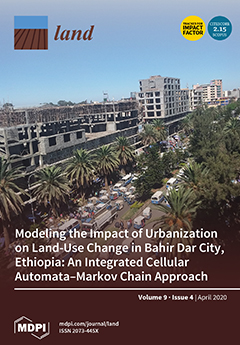Resource information
This paper is an attempt to synthesize the conclusions of a series of consecutive research projects along a common thread. It focuses on the landscape impacts of a gradual transformation undergone by a low input and bulk wine producing system into a quality wine system. This transformation took place on the island of Santorini, in Cyclades, Greece, during the last four decades in a highly contested landscape. A polarization in the power game has been identified, with two poles having different priorities and perceptions about the two issues at stake: agricultural landscape and wine quality. In the course of this process, both synergistic and antagonistic transition dynamics are encountered, transforming significantly the balance of driving forces. Our analysis suggests that market forces influenced landscape change to a far greater degree than policy measures implemented on the island. Developments in the international markets for tourism and quality wine have played a crucial role in land use change and farming intensity. Public intervention in the form of both regulatory land use planning policy and incentive measures like Rural Development Policy, including an agri-environmental measure, targeted to the vineyards of Santorini, did not seem to have an equally important impact. Integration of landscape maintenance practices within the wine quality regime could create beneficial synergies.


